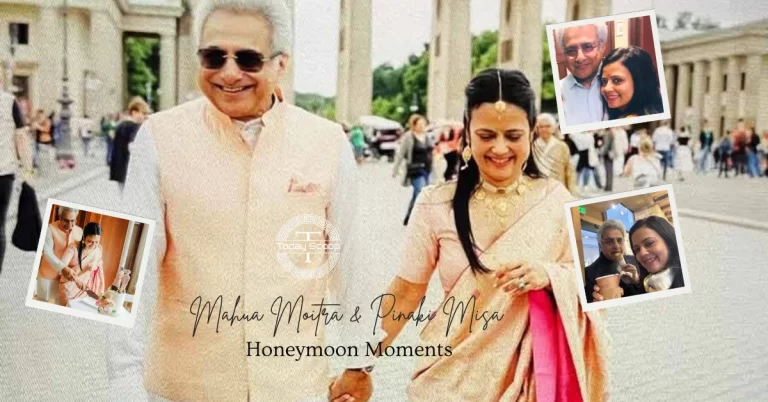Kolkata/Gurugram: Sharmishta Panoli, a 22-year-old social media influencer and law student from Pune, was arrested by Kolkata Police from Gurugram for making controversial communal remarks in a video related to India’s Operation Sindoor. The video, which sparked widespread outrage and received numerous threats, was later deleted by Panoli, who also issued a public apology.

In the now-removed video, Panoli accused Bollywood actors of remaining silent on Operation Sindoor while allegedly making derogatory comments targeting a particular religious community. Following a formal complaint and the registration of an FIR under sections dealing with promoting enmity and hurting religious sentiments, a court issued an arrest warrant after attempts to serve her legal notice failed.
After being taken into custody in Gurugram, Panoli was produced before the Alipore Court in Kolkata and sent to judicial custody until June 13. She told the court, “The harassment you have done, being in a democracy, this is not what a democracy is.”
Sharmishta Panoli is known for her outspoken videos on social media, often containing strong language. She had previously posted critical content against Pakistan and voiced opinions on Operation Sindoor. The recent video criticizing Bollywood stars quickly went viral, drawing severe backlash and threatening messages.
Following the controversy, Panoli apologized on X (formerly Twitter), saying, “I do hereby tender my UNCONDITIONAL APOLOGY whatever was put are my personal feelings and i never intentionally wanted to hurt anybody so if anybody is hurt I’m sorry for the same. I expect co-operation and understanding. Henceforth, i will be cautious in my public post. Again please accept my apologies.”
The arrest has sparked a political debate. West Bengal Leader of the Opposition Suvendu Adhikari criticized the state government’s actions, calling it “appeasement politics” targeting only one community. Congress leader Karti P Chidambaram condemned the arrest as “a blatant misuse of police powers,” questioning the justification of such actions unless they clearly lead to law and order problems.
The case highlights the ongoing tension between freedom of expression and communal sensitivities in India’s highly charged social media environment.




